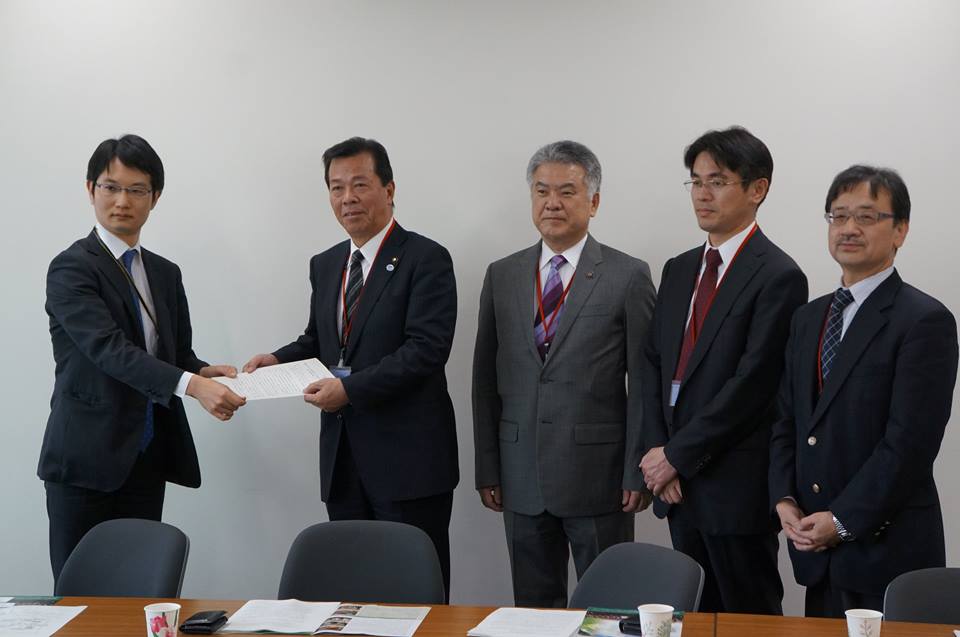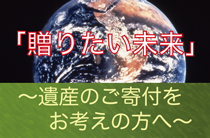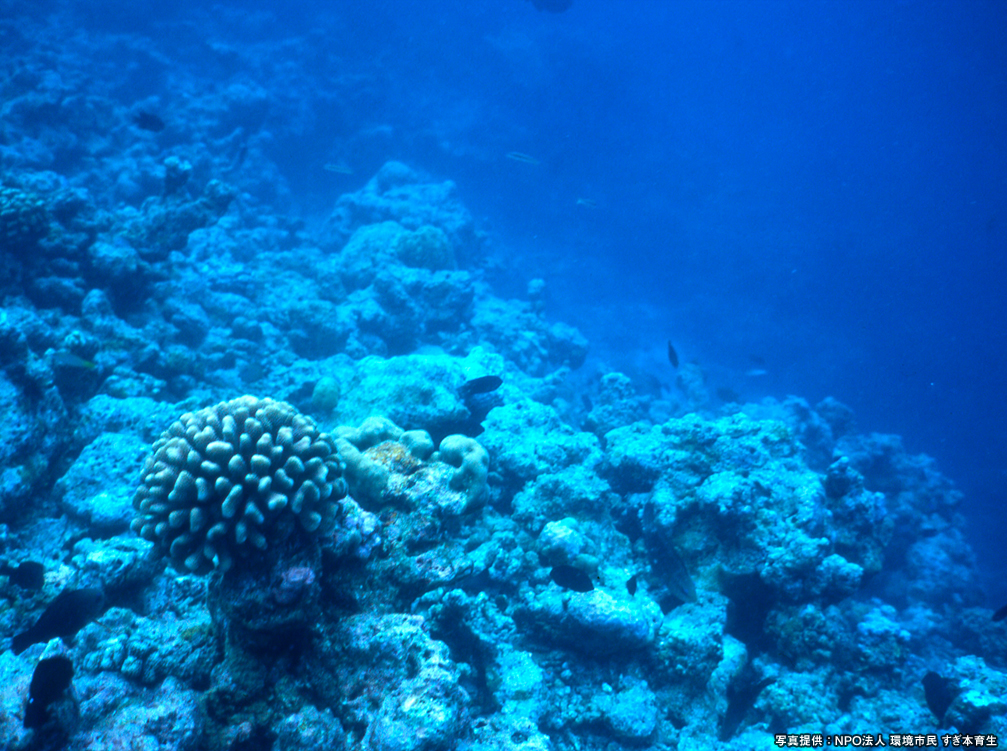21世紀、地球を、地域を、生活を、持続可能な豊かさに
The Low Carbon City proposal
カテゴリ: CEF English news | 更新日:
Today I’d like to share some of our recent activities for the development of sustainable communities.
In the last two years, the national government has made moves to promote renewable energy and combat global warming. On the surface, this seems like good news, but with further investigation it is clear that there are several problems.
First, in 2012 a new law to promote renewable energy was enacted, establishing the rate at which electricity from renewable power projects would be sold back to electric companies. The favorable rates created a kind of gold rush for big companies, which established large solar arrays and made hefty profits from the government rates. The dominance of large companies, however, meant that most of the financial benefit of solar power was concentrated in large corporations. Some small communities were able make connections with these corporations in order to build mutually advantageous solar arrays; those communities that couldn’t have struggled to take advantage of the boom in solar power.
Second, the government set a new CO2 target last year: a reduction of 3.8% of 2005 levels by 2020. Not only is this a much weaker target than the original 6% reduction of 1990 levels in the Kyoto Protocol, CO2 emissions had already risen 7.1% by 2005. In reality, this 3.8% “reduction” is a 3.1% increase compared to the original goal.
Without government support to achieve a more aggressive target, many cash-strapped municipalities will not be able to adopt the measures necessary to reduce their carbon footprints. The Intergovernmental Panel on Climate Change has stated that a minimum 20% reduction by 2020 and an 80-100% reduction by 2050 are essential if we want to avoid the worst effects of climate change. Thus the onus is on Japan’s environmental groups to push the government to adopt a more rigorous standard.
We have been busy. Starting in the 1990s, Mr. Sugimoto of CEF became interested in the Eco Cities Contest that was held in Germany by NGOs. Bringing these ideas home, he and CEF joined with other NGOs in Japan to establish our own Top Eco-City Contest in 2001, challenging cities to improve their environmental impacts across fifteen different criteria. Over ten years of this project 13% of Japan’s municipalities participated, with 58 participating in the last year. Each municipality answered about 80 questions in the long questionnaire on topics ranging from global warming prevention and waste reduction to citizen empowerment and information disclosure. In 2010, Kyushu’s Minamata city, famous for the terribly illness caused by unregulated pollution in the post-war period, was awarded top Eco City in a praiseworthy turnaround of its past misfortunes.
The contest was an excellent opportunity for municipalities to learn from each other and exchange best practices, while NGOs benefited from the data that the questionnaires provided on the state of Japan’s municipalities. Furthermore, NGOs, researchers and environmentally-conscious municipalities were able to make new relationships thanks to this contest.

▲We,Japan NGO Network for Creating the Capital of Sustainability hand over the the Low Carbon City proposal to the Ministry of the Environment, and Economy,Trade and Industry in April, 2014.
Thus the Citizen’s Environmental Foundation, joining with these like-minded groups, formed the new Network,Japan NGO Network for Creating the Capital of Sustainability in 2012 to work together on improving Japan’s cities and to pressure the government to be more environmentally ambitious. In response to the low CO2 targets set by the government in 2013, our Network has written a Low Carbon City proposal. It sets better CO2 targets: a minimum 25% reduction of 1990 levels by 2020 and a minimum 80% reduction by 2050. It also makes a variety of project proposals across Japan, from improved transit systems and home renovation to conserve energy to renewable energy production.
These projects are difficult to achieve without government funding and a stronger CO2 target is an excellent measure of the government’s commitment to our environmental future. The Network submitted its proposal to the government in May 2014 and while we are not certain whether its measures will be adopted, we will continue to pressure the government to support the NGOs and municipalities that are eager to change Japan for the better.
ーPerrin Lindelauf
・More details about the Low Carbon City proposal(only in Japanese)
・If you have further question on this project, please contact us(life@kankyoshimin.org)

















